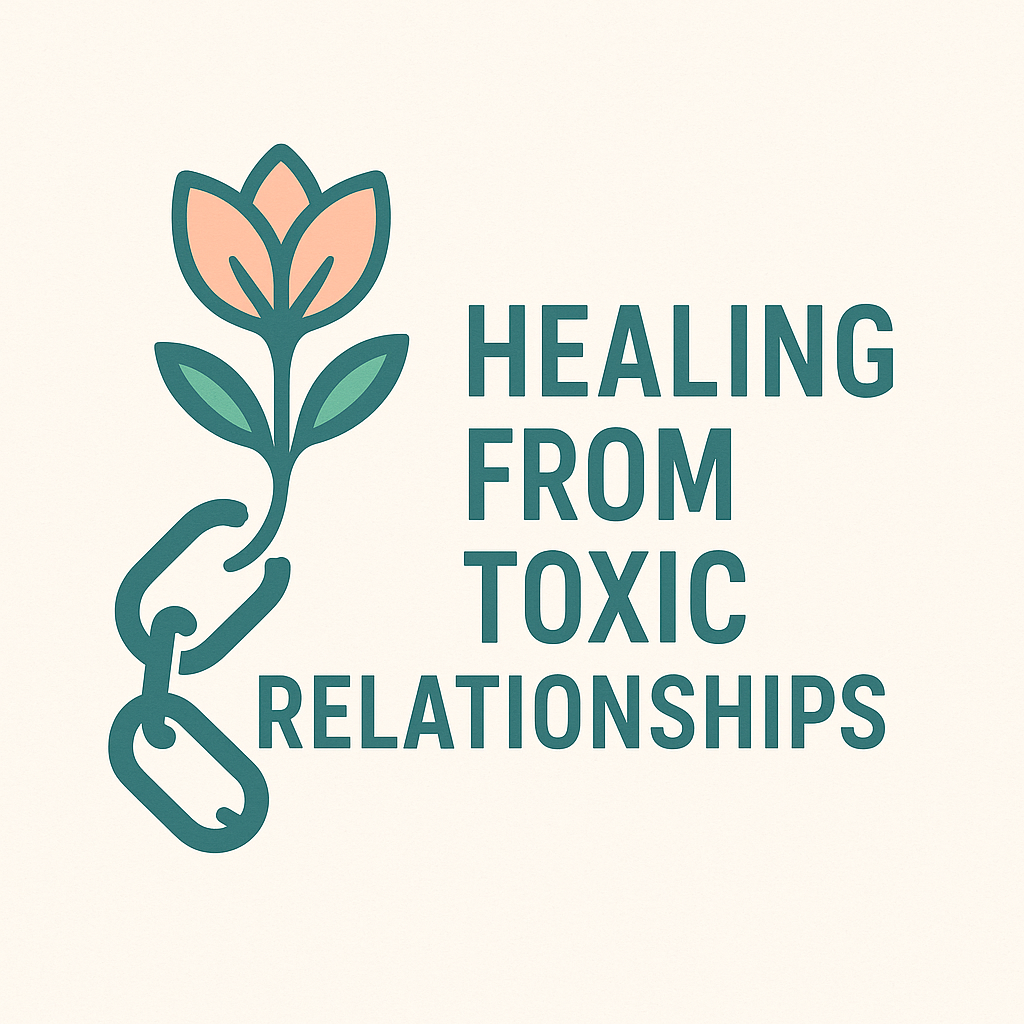5 Ways Childhood Trauma Follows You
(Plus the study that proves you're not imagining it)
If you’ve ever asked yourself,
“Why do I feel this way?”
“Why is it so hard to trust people?”
“Why do I shut down when life gets overwhelming?”
You’re not overreacting.
You’re not being dramatic.
You’re responding exactly the way your survival system learned to respond.
And science backs you up.
🔍 The ACEs Study: Proof That What Happened Still Matters
In the late 1990s, a massive study was done by the CDC and Kaiser Permanente called the Adverse Childhood Experiences (ACE) Study. Over 17,000 adults were asked about their childhood experiences—and the results changed psychology forever.
Researchers found that the more abuse, neglect, or dysfunction you experienced growing up, the more likely you were to struggle later in life—emotionally, physically, and relationally.
In other words:
Childhood trauma doesn’t just stay in childhood. It gets carried in your body, your brain, and your relationships.
Here are 5 powerful ways that abuse shows up in adulthood—even if you thought you were “over it.”
1. You Struggle with Boundaries—You Either Have None or Build Walls
If you were abused or neglected as a kid, you may have never learned where you end and others begin. Maybe your needs were ignored. Or punished. Or maybe you had to parent your parent.
Now as an adult:
You say yes when you want to say no
You absorb other people’s moods
Or you shut down and keep everyone out
"In homes where there is trauma, there are few opportunities to learn healthy boundaries."
—Dr. Janina Fisher, trauma therapist and author of Healing the Fragmented Selves of Trauma Survivors
2. Your Body Reacts Like Danger Is Still Happening
You might:
Clench your jaw or fists without realizing it
Have a constantly tight stomach or chest
Feel hypervigilant—like something bad is always around the corner
This is your nervous system doing what it was trained to do: stay ready for danger.
The ACE study found that chronic childhood stress leads to a dysregulated stress response—meaning your fight/flight/freeze system stays active even when you're safe.
"The body keeps the score... trauma is stored not just in the mind but in the body."
—Dr. Bessel van der Kolk
3. You Have a Deep Fear of Abandonment or Rejection
Were you criticized instead of comforted?
Ignored instead of nurtured?
That kind of childhood wires your brain to see relationships as unstable, unpredictable, or dangerous. As an adult, that can look like:
Overanalyzing every text message
Becoming clingy or avoidant
Sabotaging healthy relationships before they get too close
It’s not because you’re needy.
It’s because your younger self had to survive emotional starvation.
4. You Blame Yourself—for Everything
This one’s brutal.
Children blame themselves for abuse to preserve attachment.
“If it’s my fault, maybe I can fix it.”
“If I were better, maybe they’d love me.”
That survival strategy turns into:
Harsh inner critic
Crippling perfectionism
Shame that sticks, even when nothing’s your fault
"Trauma creates a sense of self that is fundamentally flawed."
—Dr. Judith Herman, author of Trauma and Recovery
5. You Might Be Sick—and Not Know Why
According to the ACE study, people with high ACE scores were significantly more likely to develop:
Heart disease
Autoimmune disorders
Diabetes
Depression
Addiction
Even cancer
The link?
Chronic toxic stress in childhood creates long-term inflammation and nervous system overload.
“The more ACEs you had, the higher your risk of chronic disease, mental illness, and early death.”
—CDC-Kaiser Permanente Adverse Childhood Experiences Study
Final Thought:
You’re not broken.
You’re responding exactly the way someone would after what you went through.
And just like trauma rewires the body and brain, healing can too.
You can learn safety again.
You can have boundaries that protect without isolating.
You can remember what happened—without it overwhelming you or flooding you with fear.
You are not alone.
You are on the path to healing.
